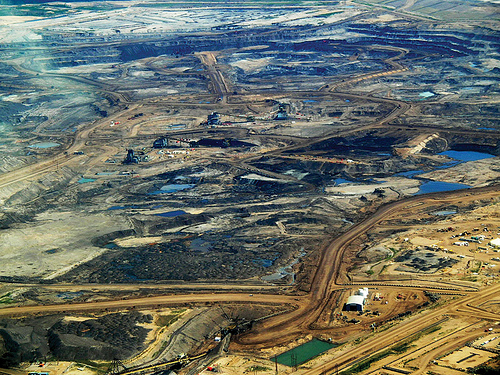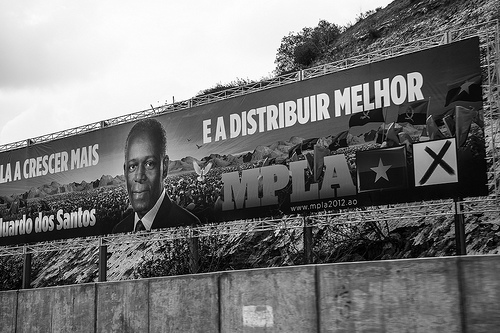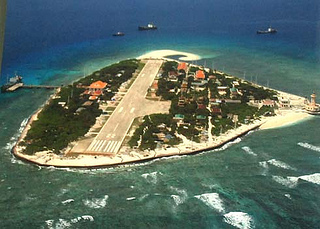Europe’s economic funk continues. Japan’s aging society is struggling under a huge pile of public debt and slow GDP growth. Recovery in the United States is about what can be expected from a post-financial crisis expansionary cycle. And in China, Communist Party leaders are adjusting to much slower growth. In much of Africa, though, growth prospects are strong, if we can believe aid agencies such as the World Bank and USAID.
On April 15th, the Washington-based World Bank issued a periodic check-up on Africa’s near-term growth prospects. Partly fueled by high commodity prices – especially for energy resources and minerals – continental growth is forecasted to be more than five percent per year over the period 2013-2015. The optimistic forecast also highlights the impact of increased consumer spending in many countries south of the Sahara, including places like Ethiopia, Angola, Ghana, and Mozambique. Indeed, many sub-Saharan states have seen above-average growth rates for more than a decade, leading to some reduction in still-high poverty rates. The diffusion of mobile phones and more predictable macro-economic conditions are key factors leading to better growth prospects.
USAID and the World Bank are probably right about continued high commodity prices. Even if some of this new African wealth is squandered through corruption, better terms of trade will lift many ordinary people out of poverty. A cautionary word is in order, though. Enclave-based development – especially if it involves oil or high-value minerals – can facilitate political instability and armed conflicts. Think diamonds in Sierra Leone and Angola, numerous precious resources in eastern Democratic Republic of Congo, and oil in Nigeria. In short, over-reliance on mineral and energy exports can lead to so-called “rentier states” (and failed states) that do not necessarily promote broad-based human development. Careful observers of the DRC and Nigeria know about the “resource curse” all too well.
So, boosting international trade between Africa and other continents is set to grow significantly in coming years. With luck and better governance, many states will avoid the worst excesses of the resource curse.
The perennial problem of limited inter-state trade in Africa also requires urgent attention. Vast distances, colonial legacies, poor governance, and under-investment in transportation infrastructure have all contributed to high costs of trade throughout much of the continent. As USAID indicates,
Trade among African countries makes up only 10 percent of the region’s total trade volume. In East Africa, it costs 50 percent more to move freight one kilometer than it does in the United States or Europe, and in landlocked countries transport costs can be as high as 75 percent of the value of the goods they are trying to export.
Like South Asia (India and its neighbors), Africa possesses huge potential for growth in intra-regional trade and investment. This potential will only increase if Africa’s middle classes continue to swell.
The economic news out of Africa is relatively good, particularly compared to the world as a whole. Still, it is worth remembering the continent’s patchwork pattern of progress on governance, peace, and economic reforms. The overall trend is clearly positive, but recent news out of the Central African Republic (CAR), Mali, and the DRC reminds us that progress is geographically uneven.



